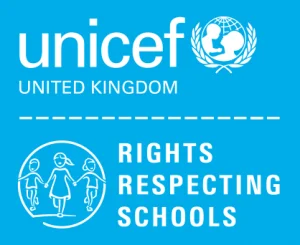“Language is not a genetic gift, it is a social gift. Learning a new language is becoming a member of the club – the community of speakers of that language.” Frank Smith
Modern Foreign Languages (MFL) form an important part of the curriculum at Haute Vallée School.
Being able to communicate confidently in another language allows our students to develop a wide range of social, personal and cultural skills, as well as providing more opportunities for future career choices. Every student in our school should have the chance from a young age to develop their own modern foreign language skills.
The MFL teachers encourage our students to be enthusiastic, engaged and challenged and to develop their ability to use and understand another language. Our MFL curriculum is broad and balanced and provides opportunities for students to progress in the four main skills: reading, writing, listening and speaking.
The MFL department raises the profile of language learning through extra-curricular events such as the annual Eisteddfod, house competitions, assemblies. We are also twinned with a school in Avranches, France.
All students in the school study French & Spanish in lower Key Stage 3 (Years 7 and 8). In Year 9 they can choose to continue to study from a choice of three languages at GCSE level (French, Spanish & Portuguese). In their lessons, our students will gain systematic knowledge of key vocabulary and structures, grammar and phonics of the languages and a better understanding of how these are used in everyday conversations. We want to develop confident and independent pupils who are not afraid to communicate in a different language.
The formative assessment data from ongoing observation of in-class activities such as role-plays, listening and reading comprehension and written exercises help the MFL teachers monitor the students’ understanding, knowledge and skills and inform planning that is suitable for supporting and challenging the pupils at every stage of their progress. Summative assessment in listening, reading, writing and speaking also takes place at the end of each unit of work in order to track students’ performance against their end of year expectations, with interventions being implemented as necessary.

